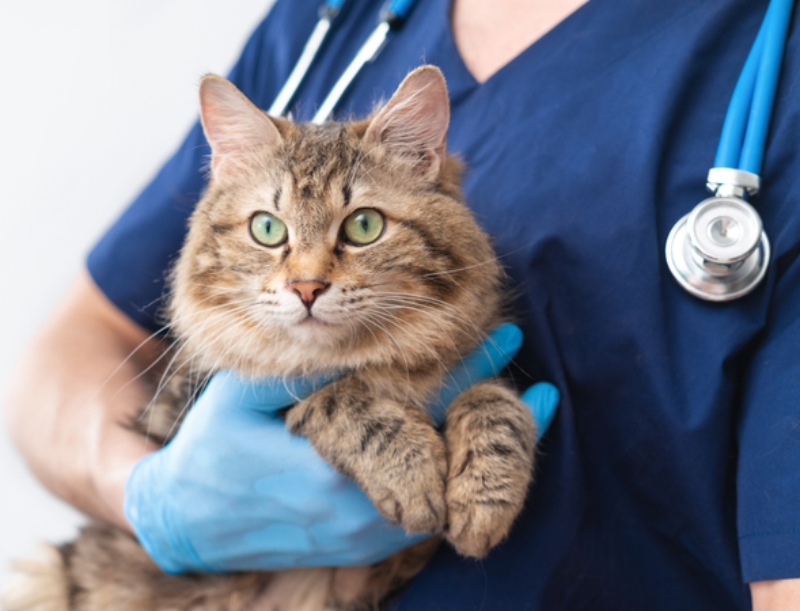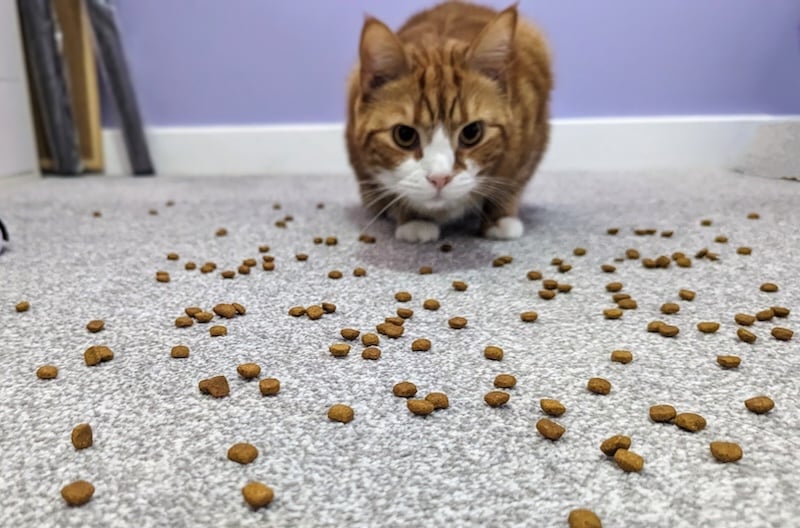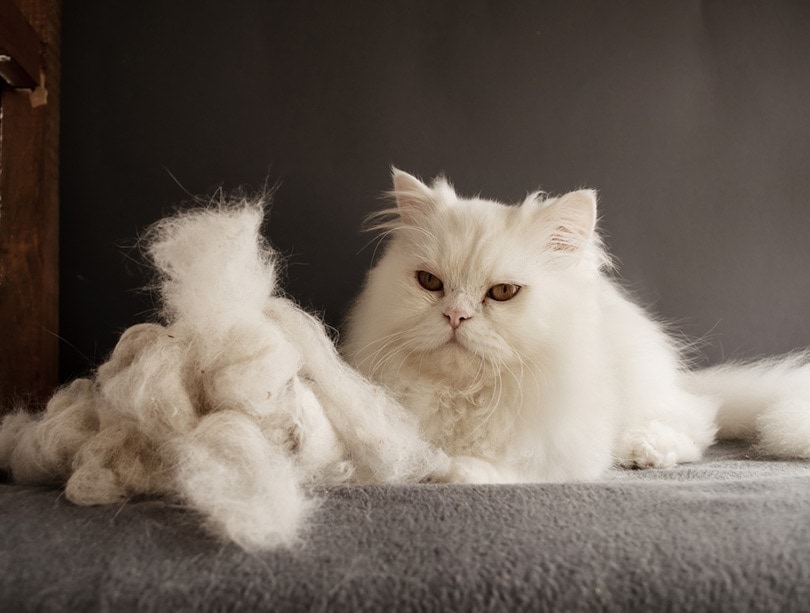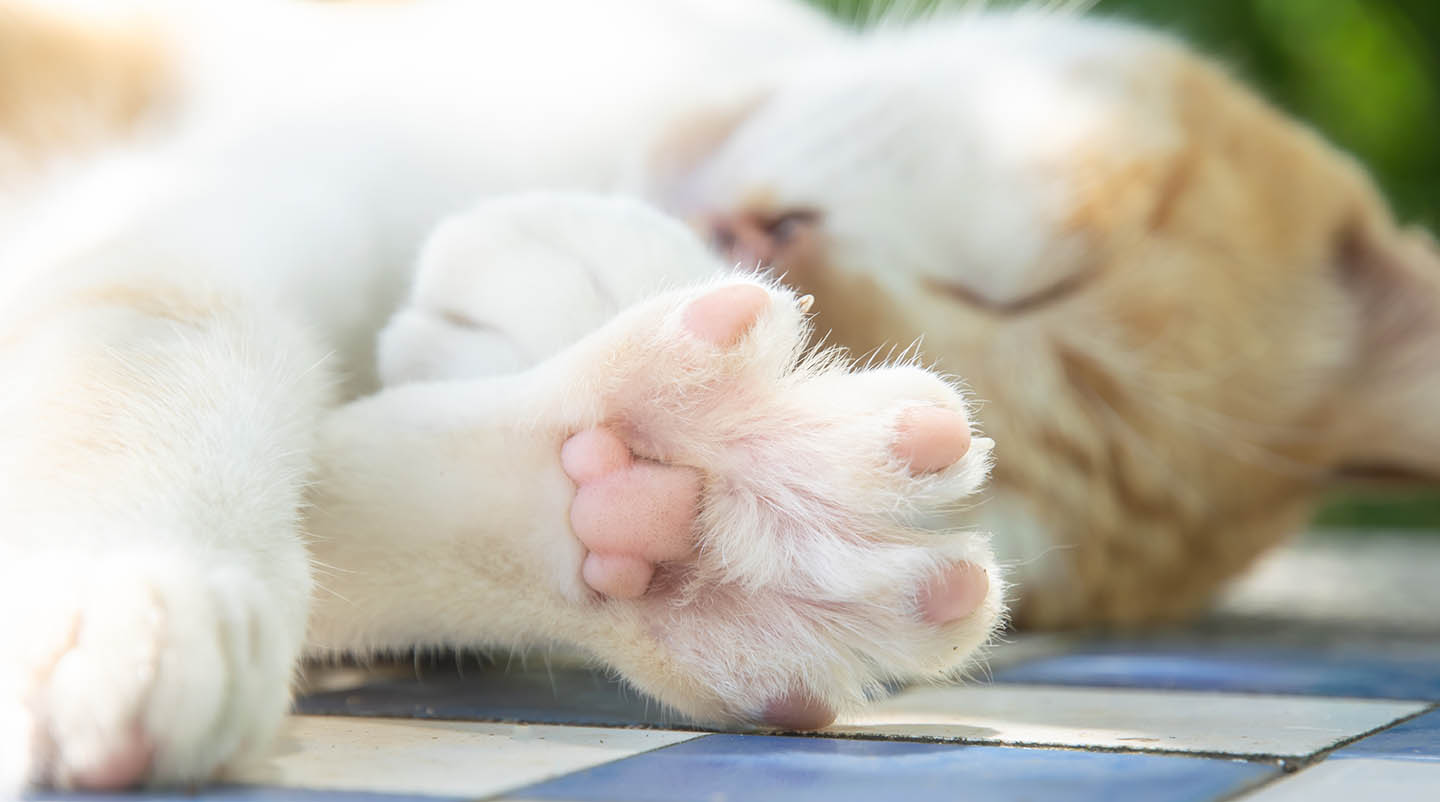As a result of great nutrition, grooming, lifestyle products that mimic human lifestyle trends and state-of-the-art veterinary care, our cats are living well into their teens and not uncommonly into their 20s. Addressing key issues at every life stage, from kittenhood through the senior years, goes a long way toward improving cat health and well-being.

The 10 Pieces of Advice For Cat Health
1. Feed the right diet
The nutrition that kittens get while they’re growing will affect their health for the rest of their lives. So, feeding a premium kitten diet is an investment in their future.
“It’s best to feed both canned and dry food since they only have ‘baby’ teeth when young and can’t chew very well,” explains Dr. Drew Weigner, owner of The Cat Doctor, an all-feline practice in Atlanta, Georgia, and a longstanding board member of the EveryCat Health Foundation, an organization whose primary focus is cat health and well-being.
“Vitamins and supplements are not needed when using a high-quality diet; neither is milk, nor tidbits from the table!” Dr. Weigner says. Get your kitten used to measured food amounts even if you free-feed to avoid obesity from the beginning. And check with your veterinarian about the right time to switch to adult formula.
“Typically, most cats are fully grown around 6 months of age, but certain large breeds can continue growing up to one year,” Dr. Weigner explains. “Feeding kitten food after that will definitely contribute to obesity. The best way to tell is to ask your veterinarian when your cat will become an adult. It’s often when all their adult teeth are in.”
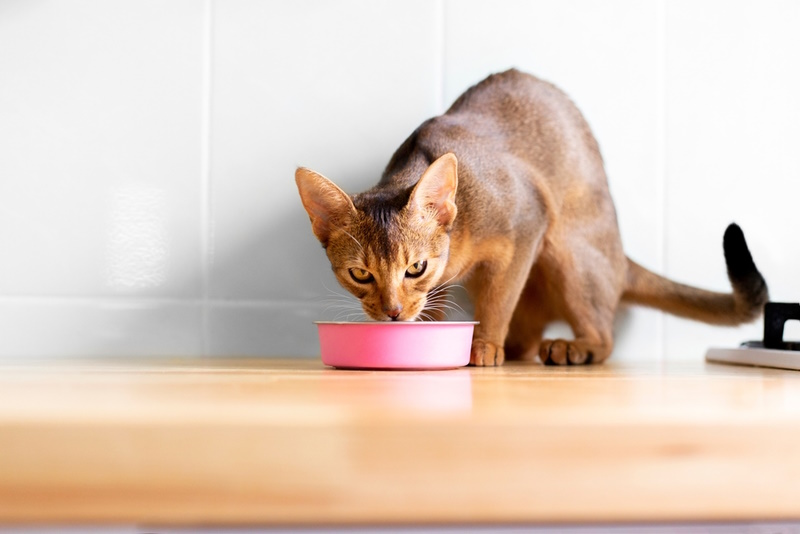
2. Spay or neuter early
Organizations such as the American Association of Feline Practitioners, The Catalyst Council and the American Veterinary Medical Association endorse that kittens should be spayed or neutered by 5 months of age and can potentially experience their first heat (yes, they can be pregnant when they are still kittens). While standard pet insurance policies are unlikely to cover you for spay and neuter procedures, it is possible to get your pet insurer to pay for spaying and neutering by purchasing a Wellness Package add-on to your policy.
“Research has shown that if a cat is spayed before the age of 5 months, it virtually eliminates the risk of unwanted litters,” says Esther Mechler, longstanding feline welfare advocate and founder of Marian’s Dream, the organization behind the Feline Fix by Five initiative.
“The number of kittens born every year during ‘kitten season,’ let alone the rest of the year, is staggering, and earlier surgery can really help to reduce the numbers of unwanted and homeless kittens. Further, doing this surgery at a younger age also lessens the risks of mammary cancer as the cat ages,” Esther adds. “It also curbs behavioral issues such as peeing outside of the litter box, a primary reason cats lose their homes and land in shelters.”
3. Don’t skip kitten’s vet visits
No matter where you got your kitten from, do not skip the first checkup, and ensure she gets all of her shots. Testing for feline leukemia and FIV is routine. Unfortunately, many kittens, especially strays or those of unknown parentage, have these diseases, which are often fatal but can take years to manifest. Best to check!
Deworming is also a very important part of cat health. Stool tests are often negative in kittens even when they have intestinal parasites, which have a very significant effect on their growth rate, so preemptive deworming is imperative. And do it more than once.
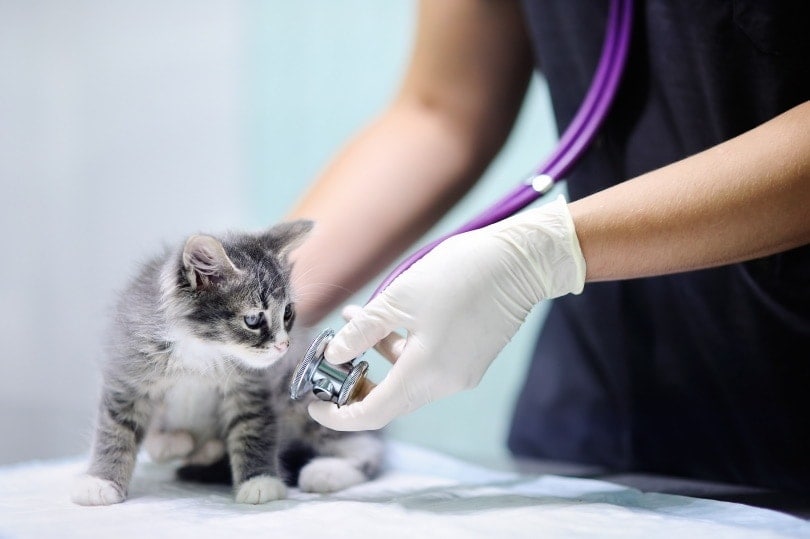
4. Get a wellness profile
Annual physical exams often reveal underlying cat health issues such as dental disease, heart murmurs and obesity as kitties age. When you book an annual visit, advise the receptionist that you want lab tests called Wellness Profiles done.
These tests detect the early stages of diseases such as diabetes and kidney disease. And when caught early, simple treatments such as a dietary change can be very effective.
5. Don’t overtreat
Yummy tidbits are very important, and it’s a way of spending quality time and dispensing love. But be sure not to overtreat no matter the life stage. Count the treat calories as part of your cat’s daily caloric intake to avoid too much weight gain.
6. Adjust for senior years
As cats age, they generally have a more sedentary lifestyle and sleep a lot more. So, it’s time to have another discussion about diet with your veterinarian. It’s not only a matter of changing the food to serve a formula specifically for your cat’s changing needs, but you need to have a discussion about amounts, too. Cats, just like humans and dogs, lose muscle mass as they age, and it’s important to keep them moving and active.
Older cats are also not as agile and can have problems grooming themselves properly and will benefit with some basic grooming help. Keep the hair trimmed between their toes and also around the anus so litter doesn’t get stuck to these areas. Use special bull-nosed scissors so as not to cut into the skin in these delicate areas. Or ask your veterinarian for help.
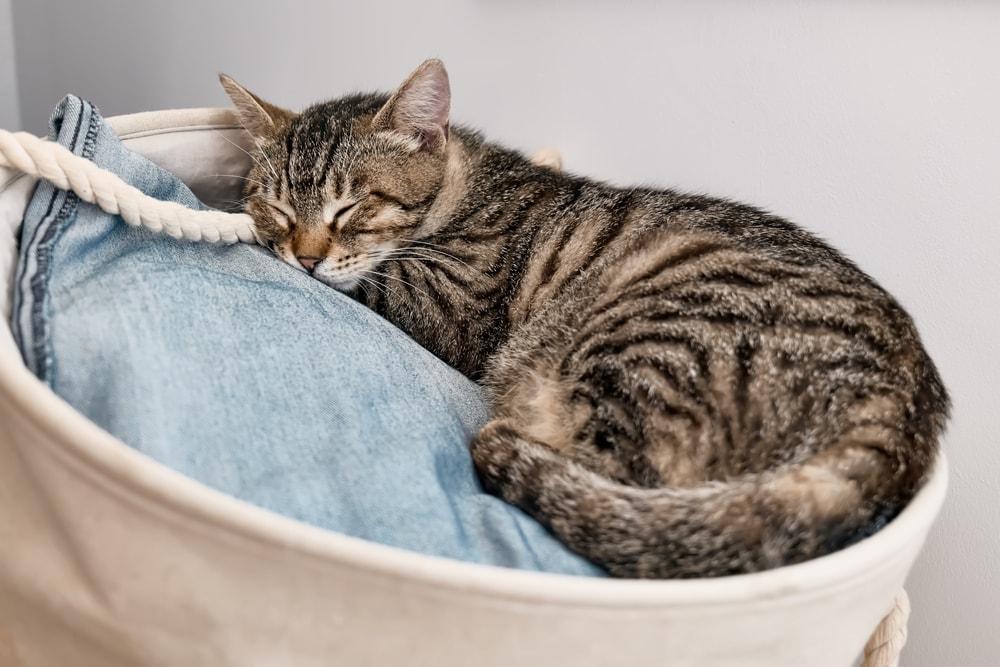
7. Check those teeth
Regular exams of kitty’s teeth are an essential part of cat health. Dental care is not only important in preserving teeth, but the chronic inflammation and infection associated with dental disease also increases the likelihood of kidney disease and heart disease. Check to see if your veterinarian offers discounts during February, which is Pet Dental Month.
8. Always make time for fun & games
Toys and puzzle games provide both mental and physical stimulation, essential for a cat to remain fit and in good health at all life stages. It’s particularly important if your cat is home alone for long periods and doesn’t have much human company while you are at work.
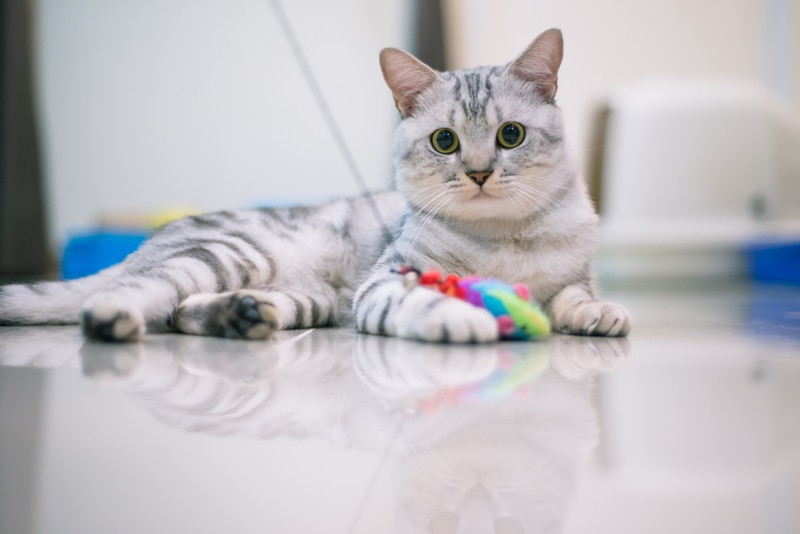
9. See the vet more often
Ideally, senior and especially geriatric cats should visit the veterinarian’s office every six months for a physical exam. “At this age, one human year equals about four cat years, so even biannual exams for your cat is equivalent to humans seeing their doctors every other year,” Dr. Weigner explains.
“Cats are masters at hiding illness and will act perfectly normal until they crash and burn without notice. It’s so common to see these critically ill geriatric cats that their owners swear were normal the week before, and they’re not wrong! Wellness Profiles are essential to finding significant illness before this happens and may save your cat’s life,” he cautions.
Since many cats go without routine dental care, it’s common for these cats to have infected, broken or missing teeth. Once again, they often won’t show symptoms, and the chronic infection damages internal organs. Correcting this requires anesthesia, which can be performed safely with the proper preparation and lab tests.
10. Stash your cash
If you don’t have pet insurance for your cat, consider starting her own fund and putting away a fixed amount monthly throughout her life. This way, you will have the funds should you ever need them as she ages.

Conclusion
Watch kitty’s diet throughout her life, don’t miss vet visits, check those teeth, don’t overtreat and always play with kitty at every stage of her life to keep her active. Every one of these cat health tips is pertinent to keeping your kitty not only furry and fabulous but also mentally alert and physically fit throughout her life.
Read more about cat health and care on Catster.com:
- Roundworms in Cats — Signs, Causes and How to Treat Them
- What You Need to Know About Kidney Disease in Cats
- When Is Cat Diarrhea a Concern?
Featured Image Credit: Yana Vasileva, Shutterstock

